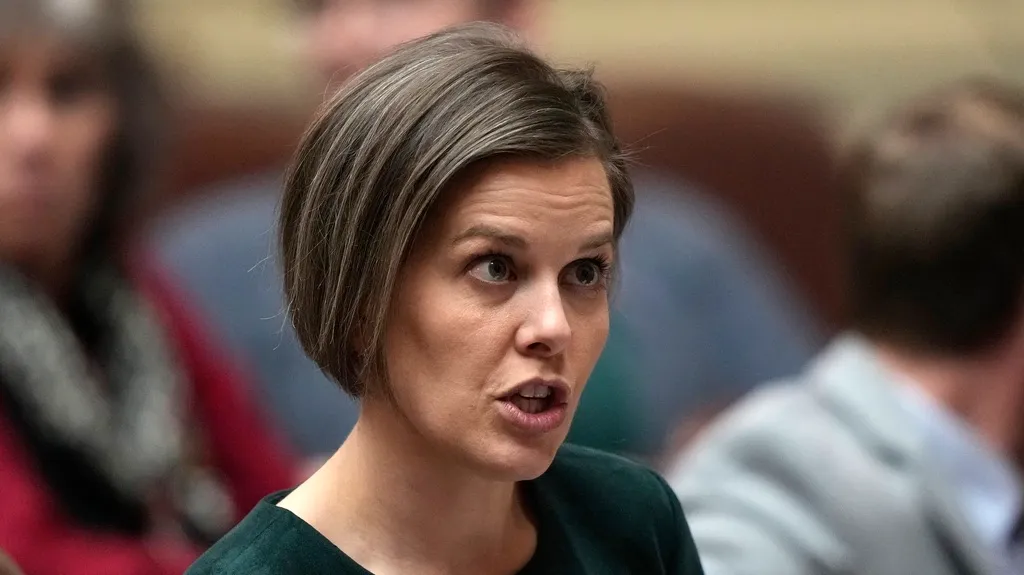May 29, 2013
Colorado Marijuana Regulations Signed Into Law
Kilian Melloy READ TIME: 2 MIN.
A set of laws to govern how recreational marijuana should be grown, sold and taxed was signed into law Tuesday in Colorado, where Democratic Gov. John Hickenlooper called the laws the state's best attempt to navigate the uncharted territory of legalized recreational pot.
The laws cover how the drug should be raised and packaged, with purchasing limits for out-of-state visitors and a new marijuana driving limit as an analogy to blood alcohol levels. Hickenlooper didn't support marijuana legalization last year, but he praised the regulatory package as a good first crack at safely overseeing the drug.
"Recreational marijuana is really a completely new entity," Hickenlooper said, calling the pot rules "commonsense" oversight, such as required potency labeling and a requirement that marijuana is to be sold in child-proof opaque packing with labels clearly stating the drug may not be safe.
Colorado voters approved recreational marijuana as a constitutional amendment last year. The state allows adults over 21 to possess up to an ounce of the drug. Adults can grow up to six plants, or buy pot in a retail store, which are slated to open in January.
The governor said Tuesday he believes the federal government will soon respond to the fact that Colorado and Washington state are in violation of federal drug law. But Hickenlooper didn't have a specific idea when.
"We think that it will be relatively soon. We are optimistic that they are going to be a little more specific in their approach on this issue," Hickenlooper said. Pressed for details, the governor jokingly referred to unrelated scandals surrounding the U.S. Department of Justice.
"They've been kind of busy," Hickenlooper said.
Colorado's new marijuana laws include buying limits for out-of-state visitors. Visitors over 21 would be limited to one-fourth of an ounce in a single retail transaction, though they could legally possess the full ounce.
The marijuana laws include a series of new taxes on the drug. If voters agree this fall, recreational pot would face a 15 percent excise tax, with the proceeds marked for school construction. There would also be a new recreational pot sales tax of 10 percent, in addition to regular statewide and local sales taxes. The special sales tax would be spent on marijuana regulation and new educational efforts to keep the drug away from children.
"Public safety and the safety of our children were at the forefront of our minds," said Sen. Randy Baumgardner, R-Hot Sulphur Springs and sponsor of some of the pot bills.
Kilian Melloy serves as EDGE Media Network's Associate Arts Editor and Staff Contributor. His professional memberships include the National Lesbian & Gay Journalists Association, the Boston Online Film Critics Association, The Gay and Lesbian Entertainment Critics Association, and the Boston Theater Critics Association's Elliot Norton Awards Committee.






